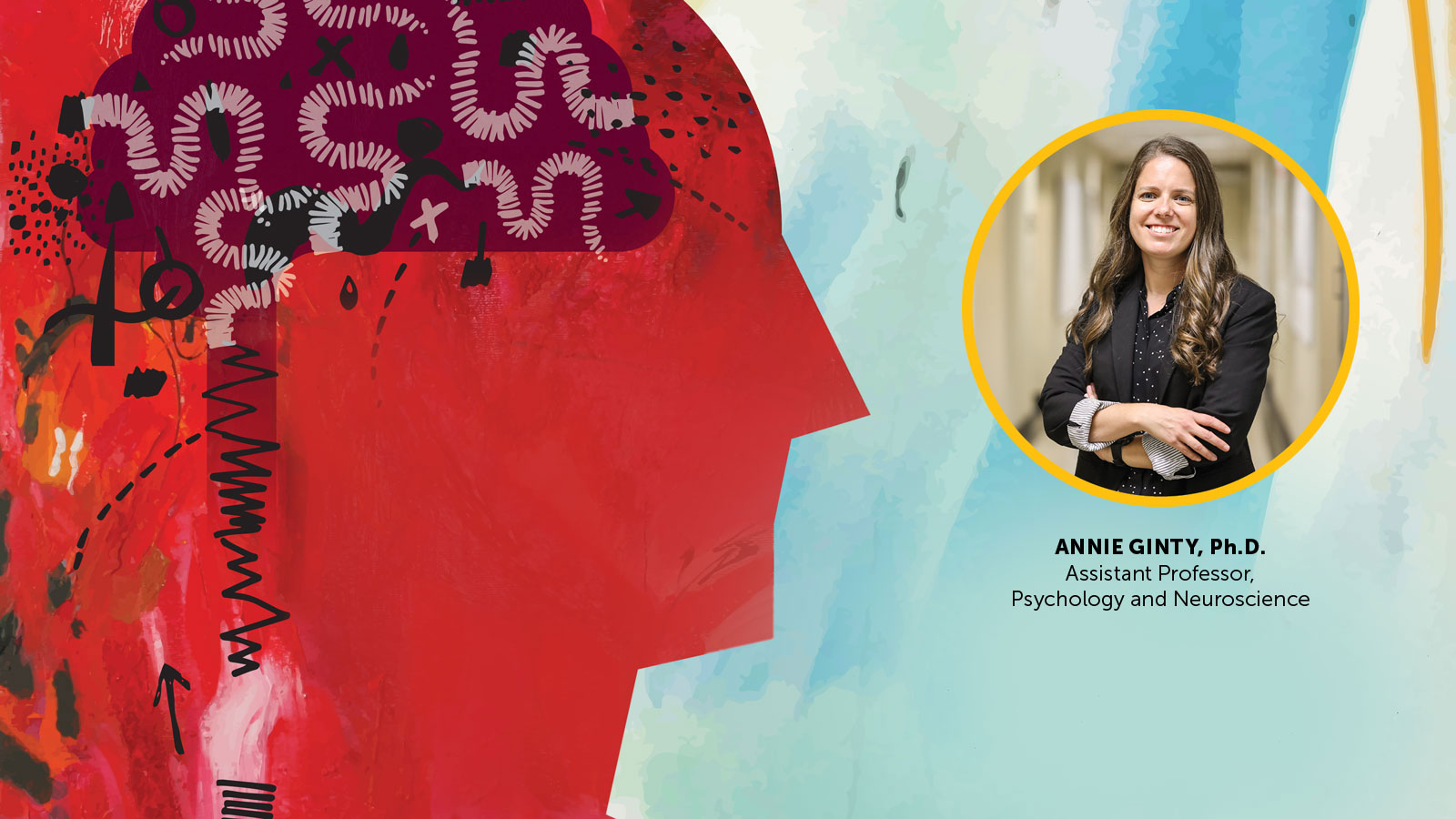Features
From the Ground Up
Baylor's nationally recognized Department of Entrepreneurship and Corporate Innovation prepares tomorrow's business leaders
Fighting Stress in Mind & Body
Baylor researcher builds understanding of stress, the brain and the heart
A Formational Experience
Using data to demonstrate and influence how a Baylor education affects spiritual growth
Honoring Heroes
McLane Stadium's South Plaza now houses two new statues memorializing the bravery and service of alumni Medal of Honor recipients



